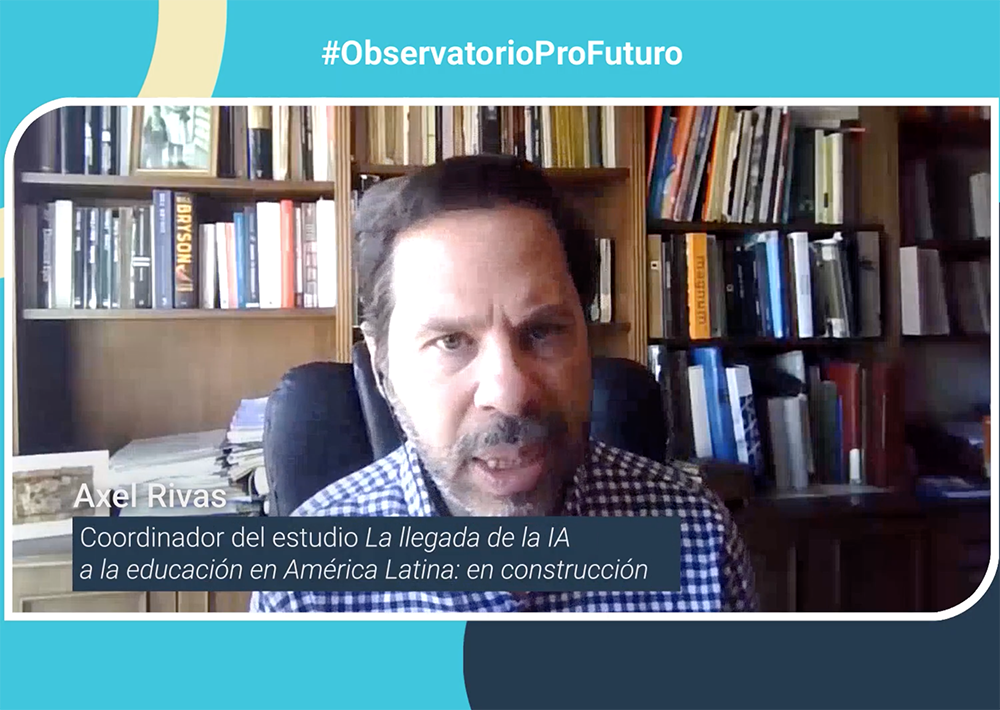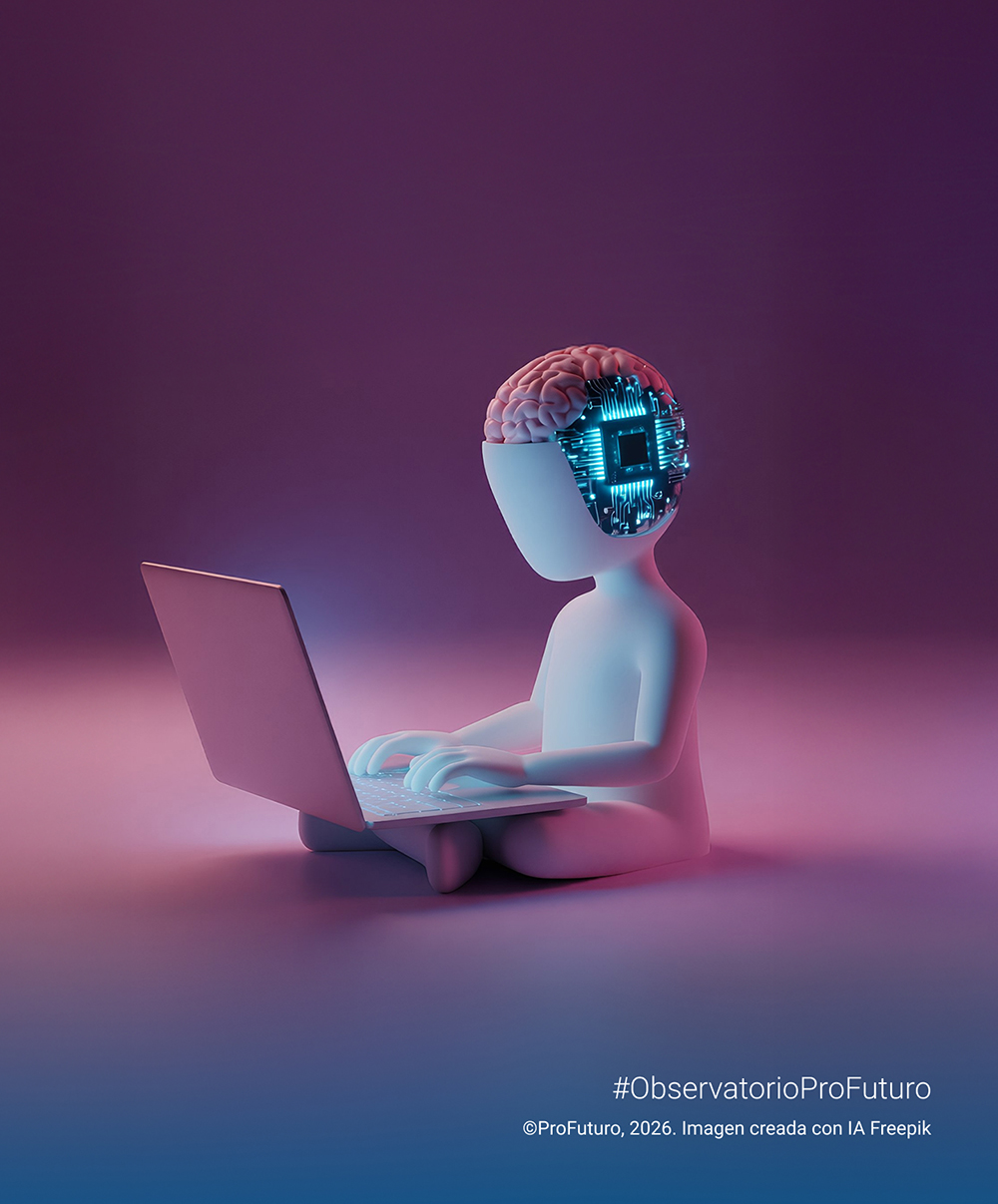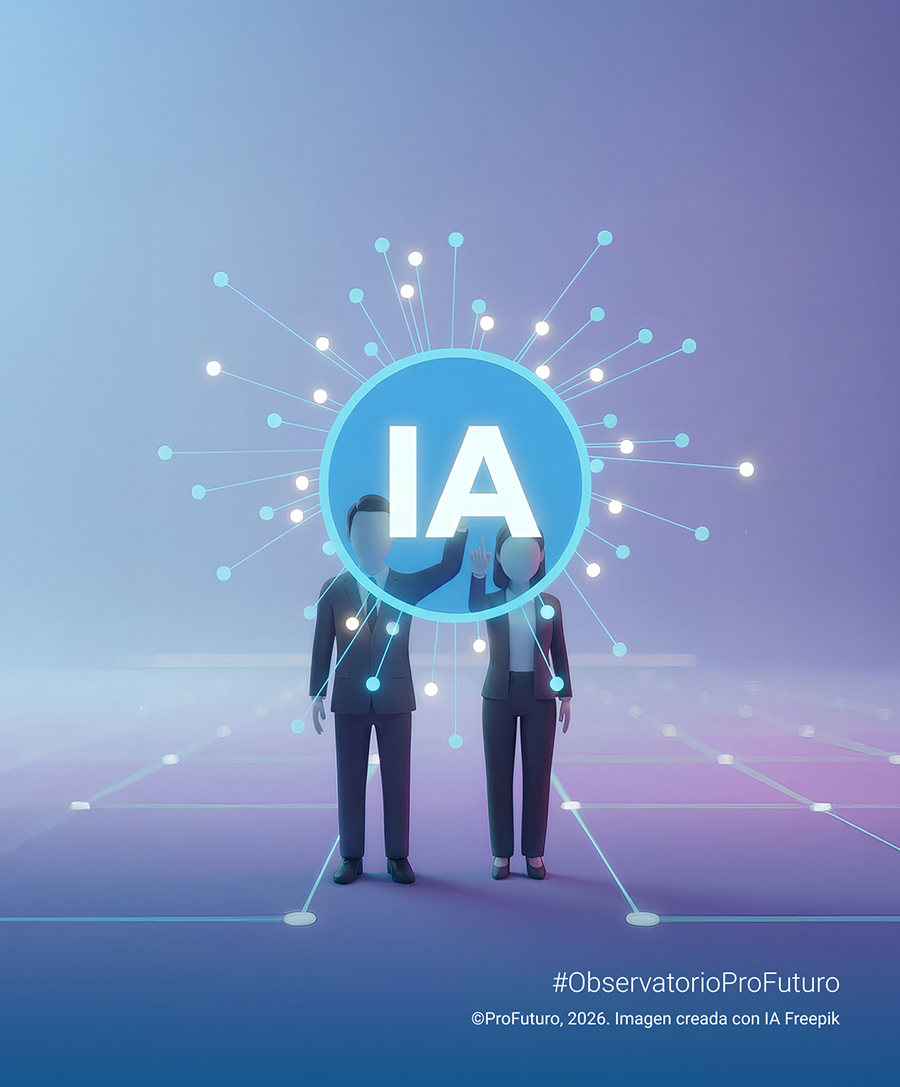In Latin America, where education often fails to progress as we would like, the arrival of artificial intelligence raises an old question—one that resurfaces every time a new technology emerges: will it be different this time?
In a recent conversation with this Observatory, Axel Rivas, a leading Latin American researcher in educational innovation, examines the early stage of the relationship between AI and education in the region. His diagnosis: there is enthusiasm, there are ideas, but no shared project. “The topic is just beginning,” he says. “The developments are very interesting… but also very incipient and decontextualized.” He believes we are still on time. But the clock is ticking.
Together with a research team, Rivas mapped 26 initiatives that incorporate AI into education in Latin America. It’s not a negligible number, but it is modest compared to the region’s vast educational needs. Most of these initiatives come from the private sector and, although valuable, often lack local grounding. “Many of them are platforms developed in other contexts, in other realities. They’re useful, but they miss that local touch that’s so important for aligning an educational project with the culture of our countries,” he explains.
His view is not pessimistic, but it is cautious. Rivas speaks from experience—he has seen many waves of innovation fail to become deep transformations. What’s missing, in his view, is a public policy approach that matches the scale of the challenge. AI will not solve the structural problems of education on its own. But it can help.
Rivas warns that the moment is delicate—not just due to a lack of resources, but also a lack of sustained political commitment. Institutional fragmentation, policy discontinuity, and a shortage of technical capabilities all work against the idea of using AI as a tool for building a common educational vision.
But it’s not all warning. There’s also an invitation to shift perspective. “We often take a very fatalistic view of everything… But we need to start from a place of opportunity. What could this help us with?” he suggests. The key, he says, is avoiding both fear and naivety. We shouldn’t expect AI to replace teachers, nor assume that access alone guarantees improvement. Learning remains a deeply human process. And while there are risks—plagiarism, dehumanization, loss of data control—there is also real potential.
The challenge, then, is political, technical, and ethical. And as is often the case in Latin America, it’s rooted in inequality. AI can deepen that divide—or help close it. The outcome will depend on how—and for whom—it is used.
For those who want a deeper understanding of what’s at stake, the full interview with Axel Rivas is available below.






